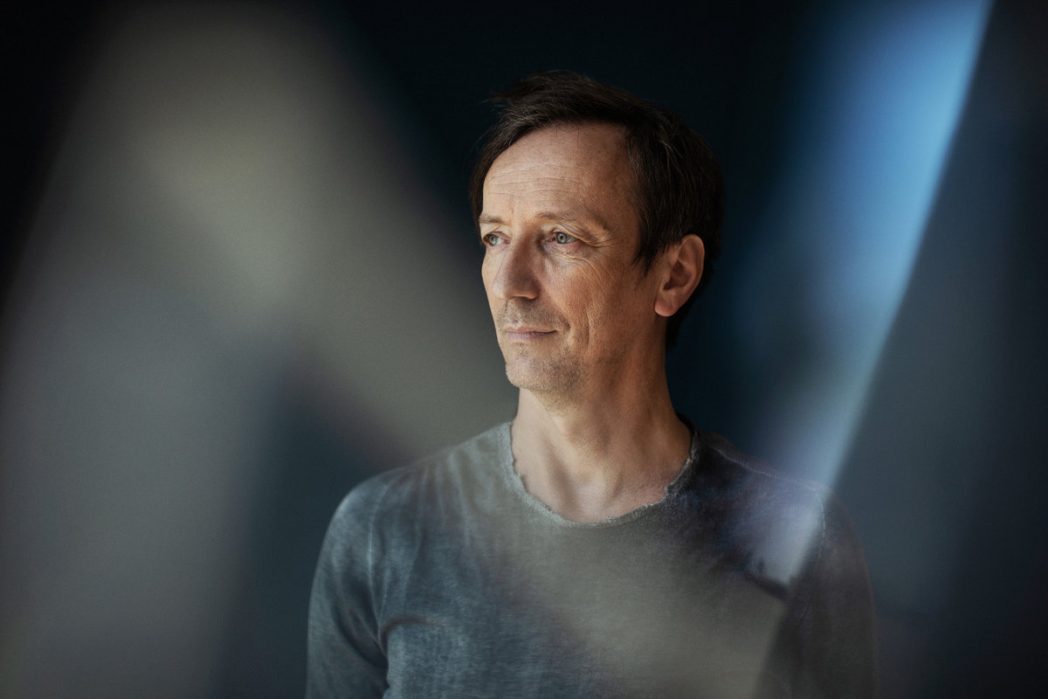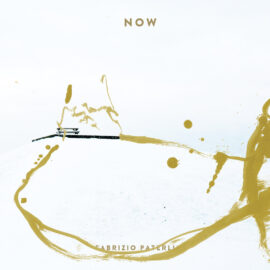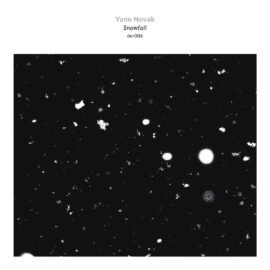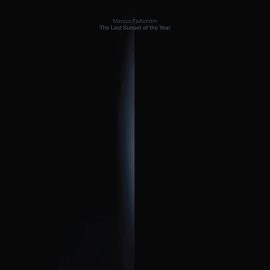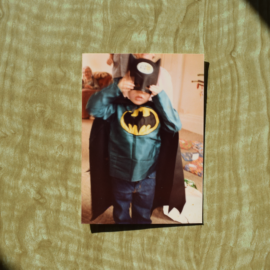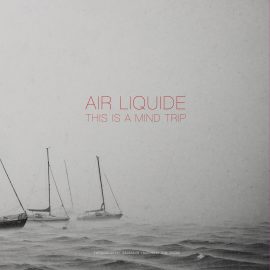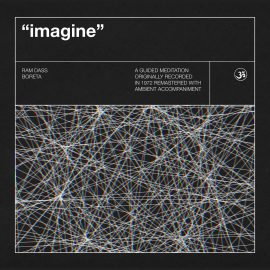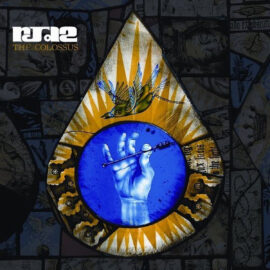… a catalyst for a conversation about kindness, which is needed now more than ever…
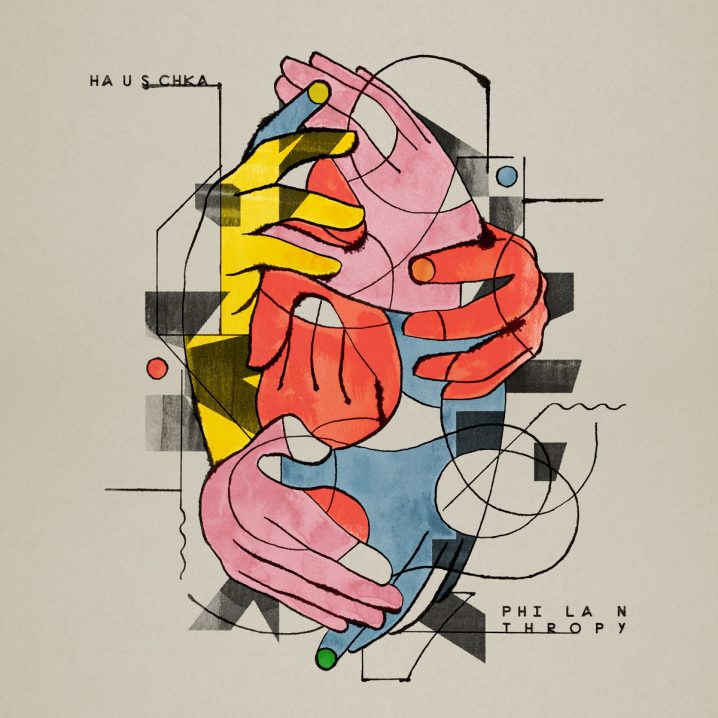
These days, being an ambient, experimental or modern classical composer is a bit tough. Expressing yourself through the mystery of music is one thing, but putting food on the table [as a function of this art] is another. Some musicians can separate the two, often holding a job in a completely different field on the side. Those are the lucky ones. Others hope to make a living through their fans’ support on more established platforms, labels, and collectives. Perhaps the biggest “dream”, or so is my perception, is to land a gig at scoring a film, a commercial, or a video game. I don’t want to sound a bit too commercial, but this is where the money’s at, folks. That being said, this work can be gruelling, draining, and often soulless – you are now creating what others want you to create. Some fold under pressure. And we have lost a few composers in this void. There is, of course, a balance. A few musicians continue to produce within their principles, aesthetics, and artistic style while offering the “final product” all that they have to give. This is, however, rare, but it certainly exists.
Here, I will finally acknowledge Volker Bertelmann, who recorded under the name Hauschka for many years, since his debut on Karaoke Kalk in 2004 and then subsequent signing to FatCat’s 130701 for Room To Expand in 2006. Yes, you recognise that label as the home of Max Richter, Jóhann Jóhannsson, Dustin O’Halloran and many others appearing on this site. In 2012, Bertelmann broke out into cinematic work – his first score was for a feature film titled Glück (2012). In 2016, Bertelmann collaborated with O’Halloran on the score for the Oscar-nominated Lion [the score itself received numerous nominations for Best Original Score, including from BAFTA, Academy Award and Golden Globe]. Fast forward six years, and in 2022, Bertelmann won the Academy Award and the BAFTA for Best Original Score for his work on All Quiet on the Western Front. At this point in their career, many musicians simply don’t return to their roots, get “swallowed up” by the “machine”, and as a result, the fans lose out. But those that do receive my special recognition. One of those composers is, of course, Hauschka, and today I’m celebrating his latest release.
For his new album, Philanthropy, Bertelmann returns to City Slang, where he has previously released Abandoned City (2014) and What If (2017). Conceptually, there is an inward-looking thesis, described in titles and explored in sound. For the Abandoned City, Bertelmann explored the ideas of “desolate but awe-inspiring places to convey the hope and sadness he experiences alone at the keyboard” [and this was before the COVID lockdown!], while on What If he poses a question of a utopia in which he imagines the descendants occupy in thirty years’ time. For Philanthropy, we find Bertelmann back at the prepared piano [this is, after all, his signature sound, if you didn’t know], exploring notions of the love for humankind through pieces such as “Generosity”, “Magnanimity”, and “Altruism”, to name just a few.
Too modest and self-aware to ever present this album as his beneficial gift to the world instead, the title is intended as a springboard. For Hauschka, music is as much about discussion and the exchange of ideas as it is how it sounds. ‘Philanthropy’ is also an endorsement of kindness, though, with Bertelmann clearly displaying a love of humankind with its audible compassion and openness.
Piano is not the only lovely voice on this fantastic album. Although I can’t deny how much I love the piece called “Limitation of Lifetime”. Hauschka’s upbeat percussive instrumentation is complimented by some electronics, percussion (courtesy of Múm‘s drummer Samuli Kosminen) and strings (with Laura Wiek on the cello and Karina Buschinger on the violin). The muted strings are still divided with erasers, and there is still the shimmering of foil, the rattle of a bottle cap, the buzz of a vibrating motor, some loosely placed, some pasted with a gapper tape. I fell in love with all this sound about 15 years ago – see this retrospective post on Ferndorf released in 2008 – and I am still in love with it. But most importantly, besides celebrating the past of this accomplished German composer, I’m happy to be sharing all this present, with much more in the future still to come.
